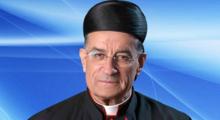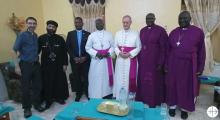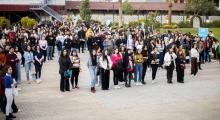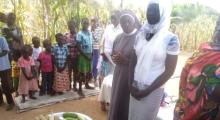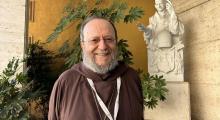Issued by the Catholic Center for Studies and Media - Jordan. Editor-in-chief Fr. Rif'at Bader - موقع أبونا abouna.org
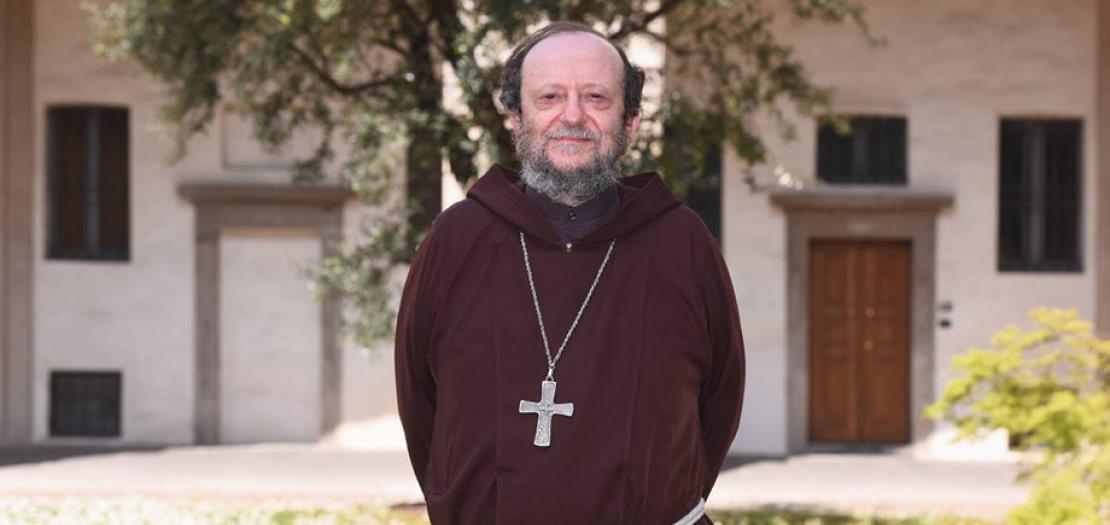
Pope Leo XIV has appointed Bishop Paolo Martinelli, Apostolic Vicar of Southern Arabia, as a member of the Dicastery for Interreligious Dialogue.
“I see this appointment as a sign of special attention to this part of the world, where Christians live within societies deeply shaped by Islam,” said the bishop, following his initial surprise. “In this context, interreligious dialogue is not only a challenge but a vital element for mutual understanding, respect, and a shared commitment to building a more human and fraternal world.”
As Cardinal Joseph Ratzinger wrote, “Today the relationship of Christianity with the world’s religions has become an internal necessity for the faith.”
He also recalled that it was precisely in Abu Dhabi, in 2019, that Pope Francis and the Grand Imam of Al-Azhar signed the Document on Human Fraternity, which remains a milestone in this area.
On that occasion, Pope Francis said, “The time has come when religions should more actively exert themselves, with courage and audacity, and without pretence, to help the human family deepen the capacity for reconciliation, the vision of hope and the concrete paths of peace.”
According to the Apostolic Constitution “Praedicate Evangelium”, all members of the Dicastery are appointed for a five-year term. They are convened for the plenary session, which is reserved for “matters and questions of greater importance”. The plenary is also convened, as needed, “to deal with matters of general principle or others that the Prefect deems necessary to address in this manner.”
The Dicastery for Interreligious Dialogue is currently led by Cardinal George Koovakad. According to the Apostolic Constitution “Praedicate Evangelium”, the Dicastery fosters relations with followers of other religions so that “peace, freedom, social justice, the protection and safeguarding of creation, and spiritual and moral values may be promoted.” It also promotes studies and conferences to enhance “mutual knowledge and esteem, so that human dignity and the spiritual and moral riches of people can grow.”


